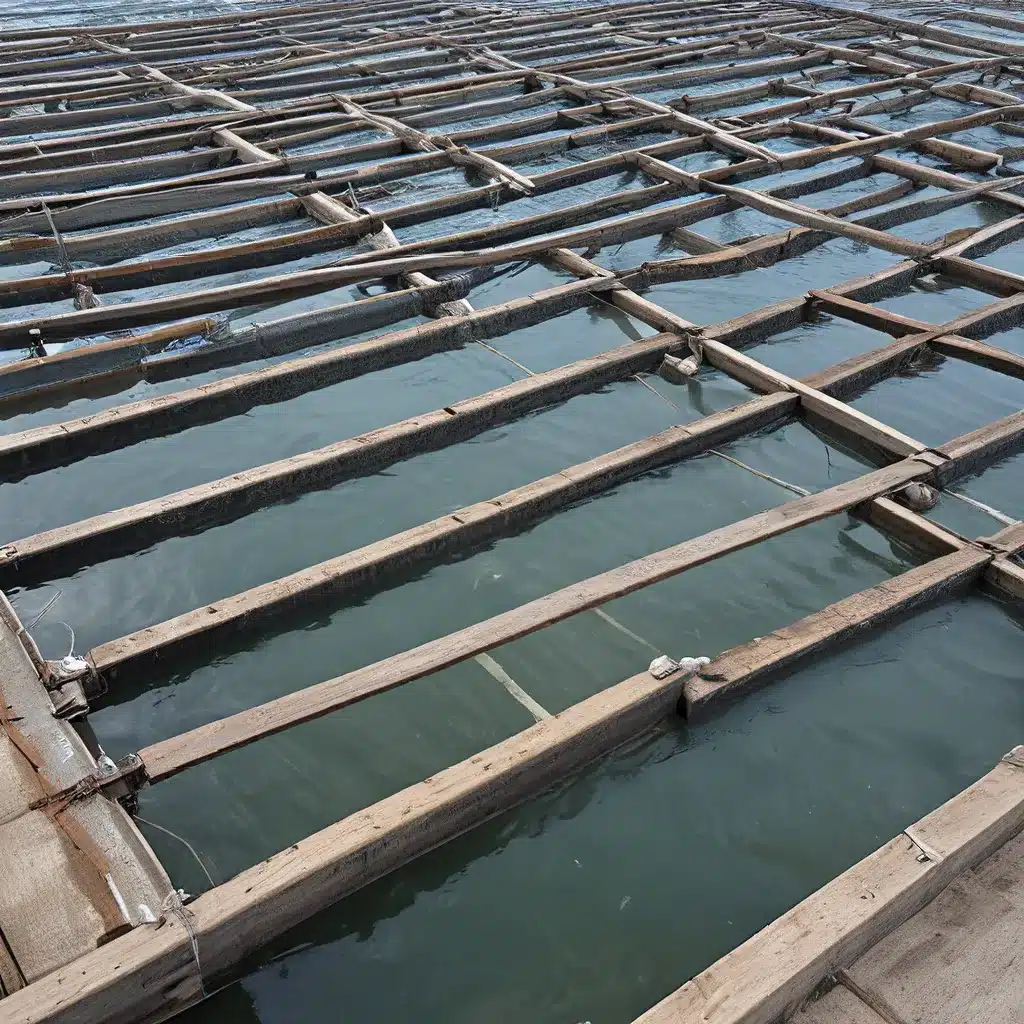
Navigating the Tides of Water Treatment Regulations
As the waves of change continue to crash against the shores of the water treatment industry, it’s time to dive headfirst into the swirling currents of regulatory compliance. Brace yourself, my fellow water warriors, because we’re about to navigate the treacherous waters of evolving water treatment regulations.
Sinking into the Depths of SB 64
Let’s start by exploring the depths of Florida’s SB 64, a piece of legislation that’s making waves in the water management world. This law, enacted in 2021, is sending a clear message: the days of simply discharging effluent into our precious waterways are numbered.
As a resident of the Sunshine State, I’ve seen firsthand how our rivers, lakes, and coastal waters have faced increasing pressure from a growing population, water quality issues, and the relentless tides of climate change. SB 64 is Florida’s bold attempt to chart a course towards a more sustainable water future.
The crux of the matter? By January 1, 2032, domestic wastewater utilities must eliminate the discharge of effluent, reclaimed, or reuse water by surface water, with a few exceptions. This is a seismic shift, my friends, as utilities are now tasked with finding beneficial uses for their treated wastewater.
ESA’s analysis highlights the challenges this presents for municipalities and developers. Budgets may strain, requiring increased water-use fees or taxes. A sophisticated understanding of water quality, advanced treatment technologies, and complex geological knowledge will be essential to crafting cost-effective solutions.
Navigating the Uncharted Waters of Reclaimed Water
As we dive deeper into the world of SB 64, a key focus emerges: the push towards beneficial uses of reclaimed water. This shift away from surface water discharge presents a wealth of opportunities, but also uncharted waters that must be carefully navigated.
Potable reuse projects, often dubbed “toilet-to-tap,” have long been a source of trepidation for Florida residents. ESA’s research reveals that while these projects have taken root in the western United States, Floridians have largely resisted such proposals from cities like Tampa.
However, the tide may be turning. SB 64 aims to incentivize direct and indirect potable reuse projects, particularly those that incorporate private investments. This could be the catalyst needed to overcome public skepticism and embrace the potential of recycled water.
Charting a Course with Graywater
But wait, there’s more! The bill’s incentives for graywater technologies open up a whole new realm of possibilities for non-potable reuse. Imagine the water-saving potential as households and businesses harness the power of their washing machine and sink water to irrigate landscapes or flush toilets.
As the demand for reclaimed water fluctuates with the seasons, municipalities may need to explore supplementary water storage or discharge options. The key will be striking a delicate balance between innovative solutions and protecting sensitive ecosystems.
Partnerships and Collaboration: The Tides of Change
To navigate these uncharted waters, collaboration will be the anchor that keeps us steady. Utilities, industries, and even the development community must come together, pooling their expertise and resources to study reuse opportunities and educate the public.
Partnerships with landowners, managers, and conservation organizations will be crucial as we work to protect sensitive ecosystems. Together, we can explore the use of treated effluent to rehydrate wetlands or meet minimum flow and level requirements for streams and rivers.
Weathering the Storm: Investing in Infrastructure
As the tides of change continue to rise, one thing is clear: new infrastructure will be a necessity. From advanced treatment technologies to supplementary water storage, utilities must be prepared to weather the storm.
Investments in this critical infrastructure will be paramount, but the price tag can be daunting. Innovative financing solutions and public-private partnerships may be the life raft that keeps municipalities afloat.
Charting a Sustainable Course
As we steer our way through the shifting tides of water treatment regulations, it’s important to remember that this is not just a race against the clock. It’s a journey towards a more sustainable future for Florida’s precious water resources.
At Inland Waters, Inc., we are committed to being your trusted navigational guide. Our team of experts is ready to help you chart a course through the complexities of SB 64 and beyond, ensuring your organization stays ahead of the curve.
Together, let’s ride the waves of change and ensure a future where our children and grandchildren can enjoy the beauty and abundance of Florida’s waterways. After all, as the tides continue to ebb and flow, one thing remains certain: our commitment to a sustainable water future must be unwavering.


